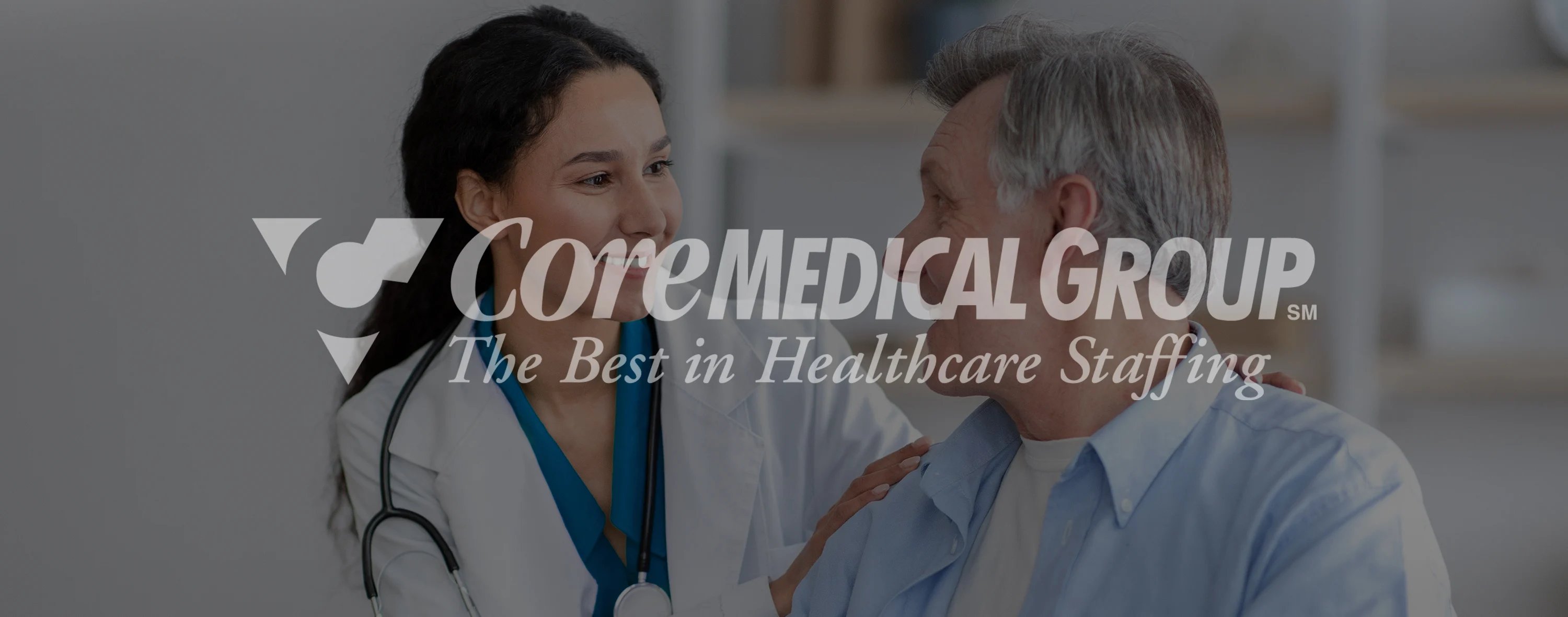
First off, what is a CEU? CEU stands for Continuing Education Unit. CEUs are utilized across an array of fields serving to encourage lifelong learning and the advancement of the profession. Professional organizations, including the APTA, require practicing clinicians to obtain a predetermined number of units over the course of a few years in order to maintain their credentials.
As you can see, CEUs are intended for professionals . . . But can the students get in on some of the action too?
The answer to this question can be controversial at times. You will learn that some universities advocate for it and others frown upon it. It’s a good idea to determine your university’s stance on the matter before making your decision!
In the meantime, here are the PROS & CONS of Taking CEUs while in PT School.
Pros of taking CEUs as a PT student
1. Fill in the Gaps
Strategically choosing courses will allow you to expand on fundamental concepts taught in your entry level DPT program. Let’s face it, some schools are better than others, and even the best programs can’t cover everything. Thus, CEUs can be very useful tools to fill in the gaps of your education.
2. Separate yourself from the Pack
Going above and beyond the established DPT curriculum will allow you to get ahead of the game, separating yourself from the pack. And as far as getting your first job is concerned, if you’re not seeking something outside of the curriculum, you can’t honestly claim that you’re any different than the other 10,000 PTs projected to graduate in 2018.
On this same note, loading your resume with CEUs directed at a certain employment opportunity is a great idea. All employers want experience, but as a new grad, a long list of CEUs under your belt is far better than none.
3. Network
Live courses and even virtual ones for that matter, will allow you to meet some brilliant people. Attending an event and sharing with others who are equally as passionate about their craft as you are will lead to lasting, organic relationships. In today’s world, your connections and who you know, determine how successfully you will be able to apply what you know.
Cons of taking CEUs as a PT student
1. Time commitment
One of the biggest concerns for students is the time commitment. If you are struggling to keep up with the workload in school, I would not recommend adding a con-ed course to your list of responsibilities. Time is a finite resource and at the end of the day your degree is what matters most.
2. $$$
Con-eds are not cheap! Most courses range from a couple hundred to a couple thousand. Regardless of the range, con-eds are a financial commitment! Now if you’re like me and view spending money on education as an investment in yourself, by all means, shell it over. But do so wisely, always have a financial plan to guide your decisions.
3. CEU’s will make you smarter, but maybe in the Wrong Ways…
Ask a seasoned clinician who has been practicing for multiple years if they could pass the National Physical Therapy Board Exam today and the answer you’ll most likely get is a resounding “NO.”
They’d probably go on to explain that their experience has showed them that so much in physical therapy lies in the gray area while the board exam is strictly Black & White. Taking continuing education courses may create a similar problem. Your program and its exams have been designed to prepare you to excel in the language of black and white while many CEUs are designed to fill in the gray. Additional knowledge gained from extracurricular avenues may skew your answering process, but to avoid the “but I learned it this way here” and the “well, it depends” situations, you must be able to compartmentalize your newfound knowledge and utilize it only when appropriate.
Tips
Once you’ve digested the pros and cons, here are some tips to help you choose the right Continuing Education!
1. Stick to the Facts
Recognize that wherever there is an exchange of money, there is a risk for being deceived. Therefore, it is important that we stick to the facts and avoid being sucked in to the latest “groundbreaking” treatments.
Just like pop culture, physical therapy interventions trend too! Some stick and some are gone as fast as they came.
So, be sure to seek out courses that are evidence based! Additionally, it always helps to find a reference for the course. Positive feedback from a reference will confirm your course selection and prevent you from walking into something blind.
2. Set a Budget
If you’re as passionate about learning new things as I am, setting a budget for your continuing ed consumption should be one of the first things you do. The infinite number of courses out there makes it tragically easy to overspend. So deliberately choosing courses with a budget in mind can save your bank account from springing a leak.
